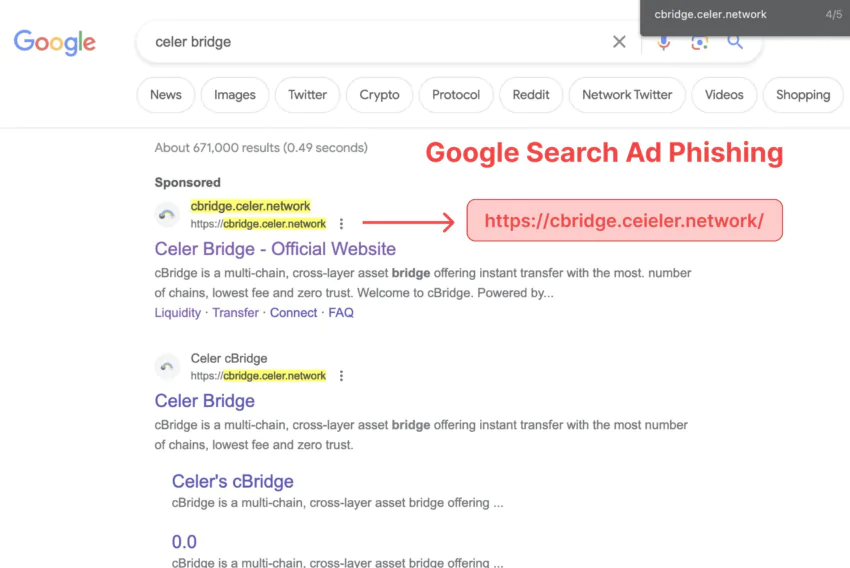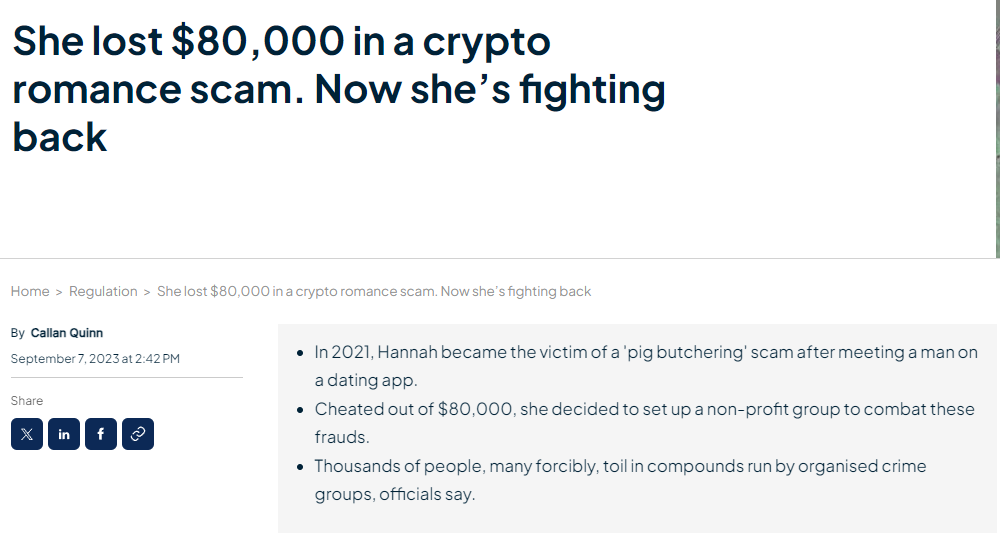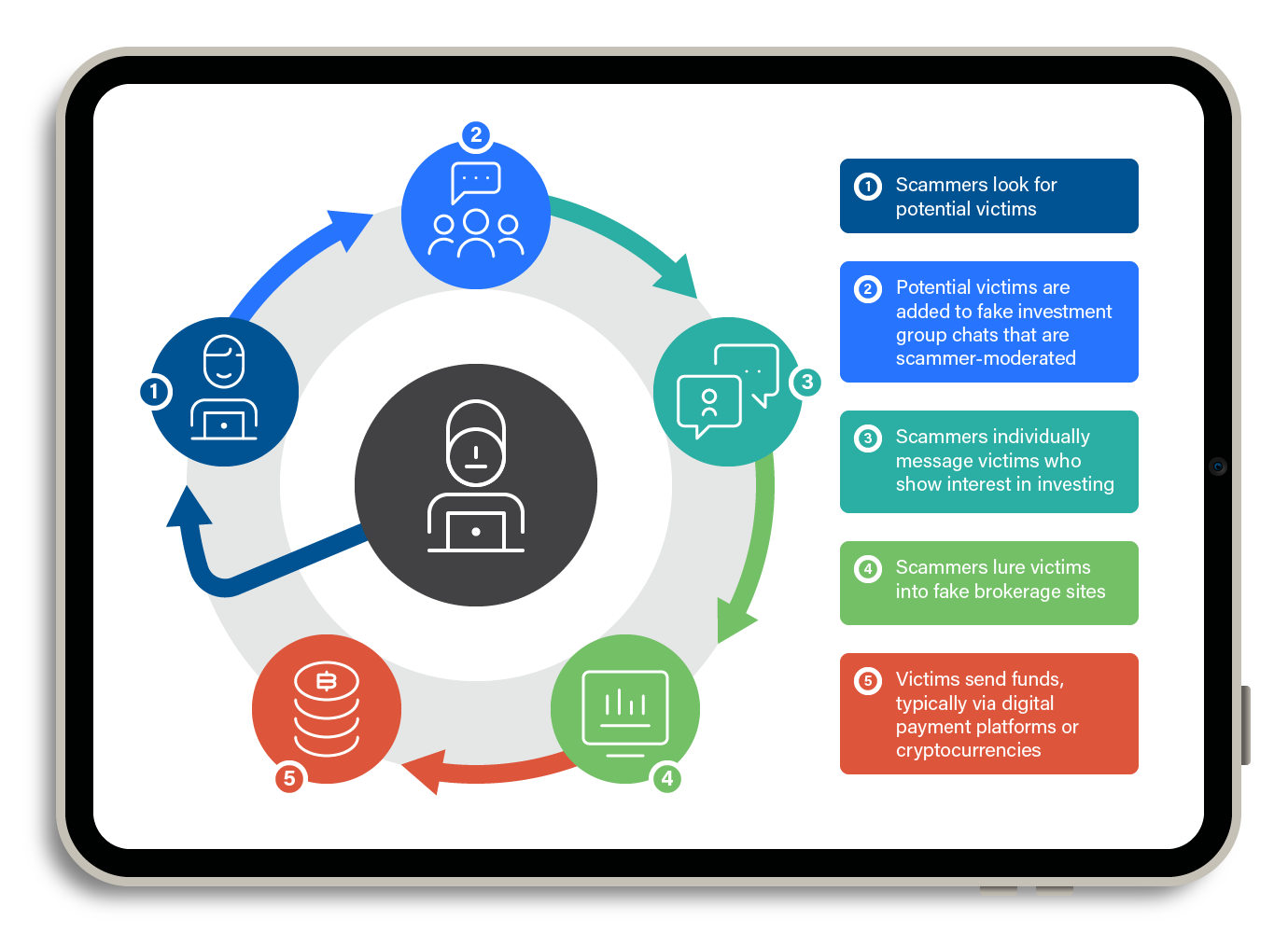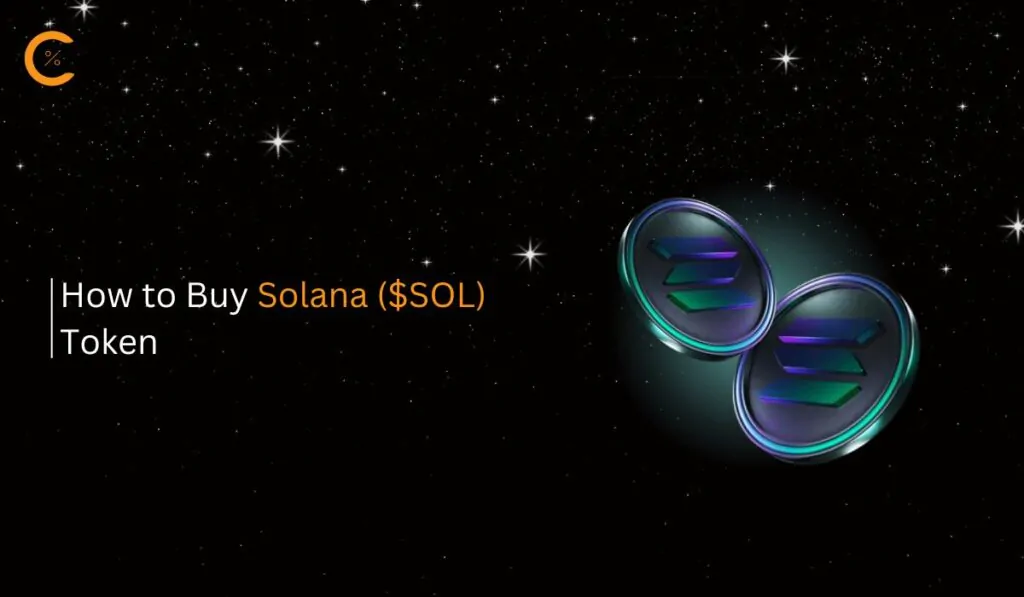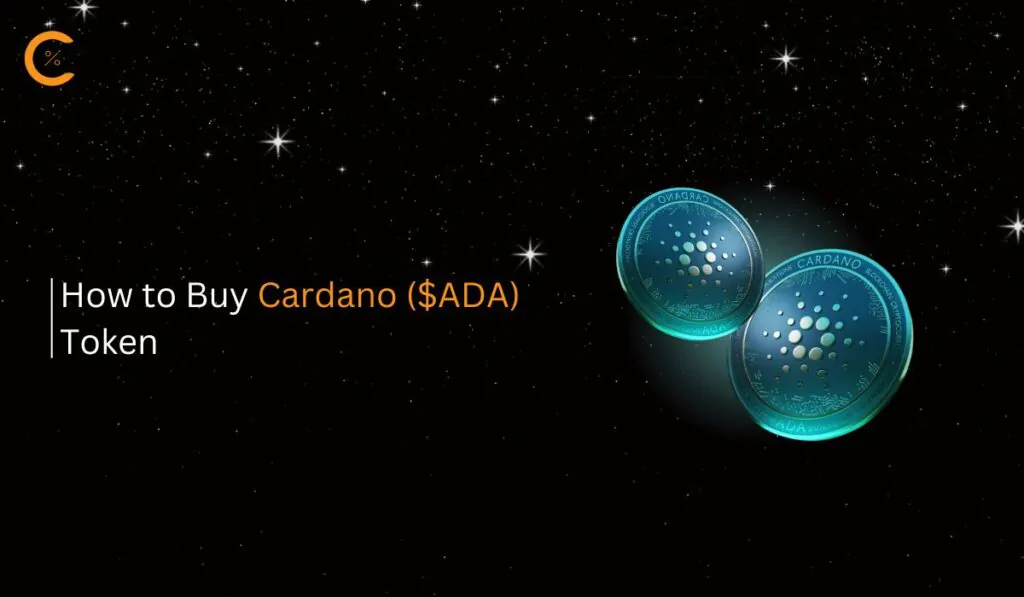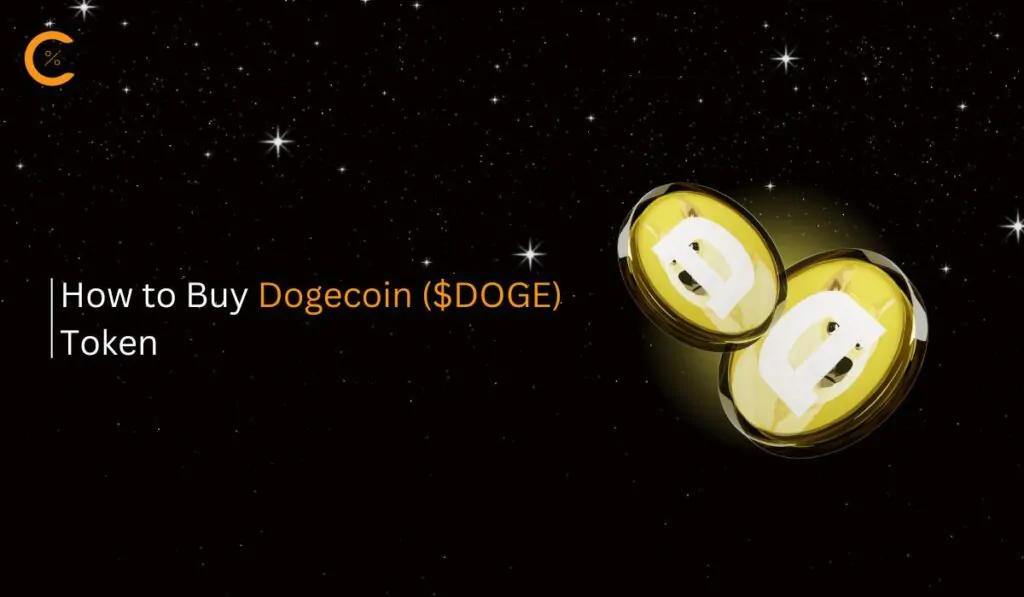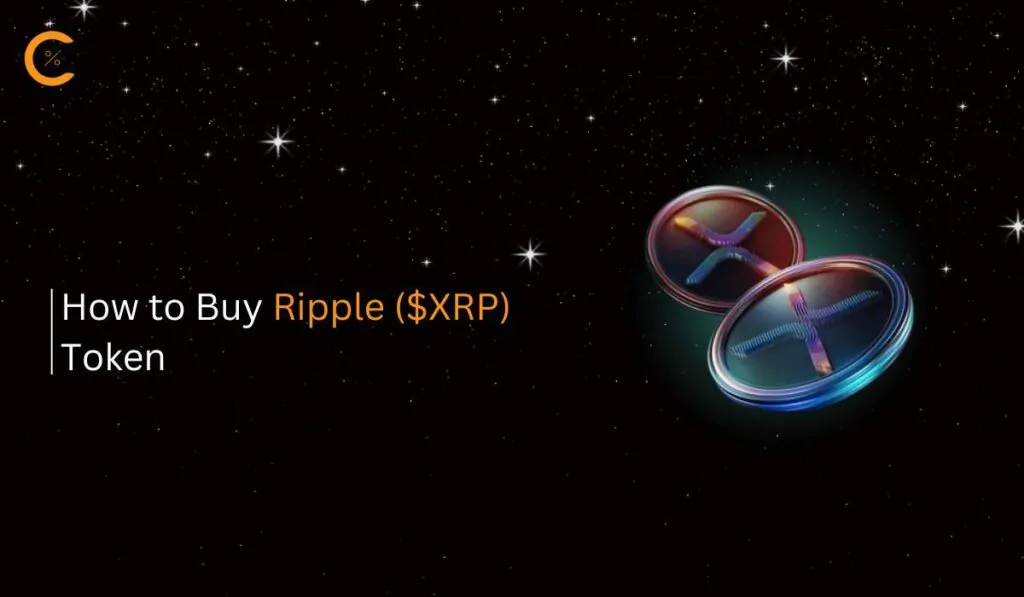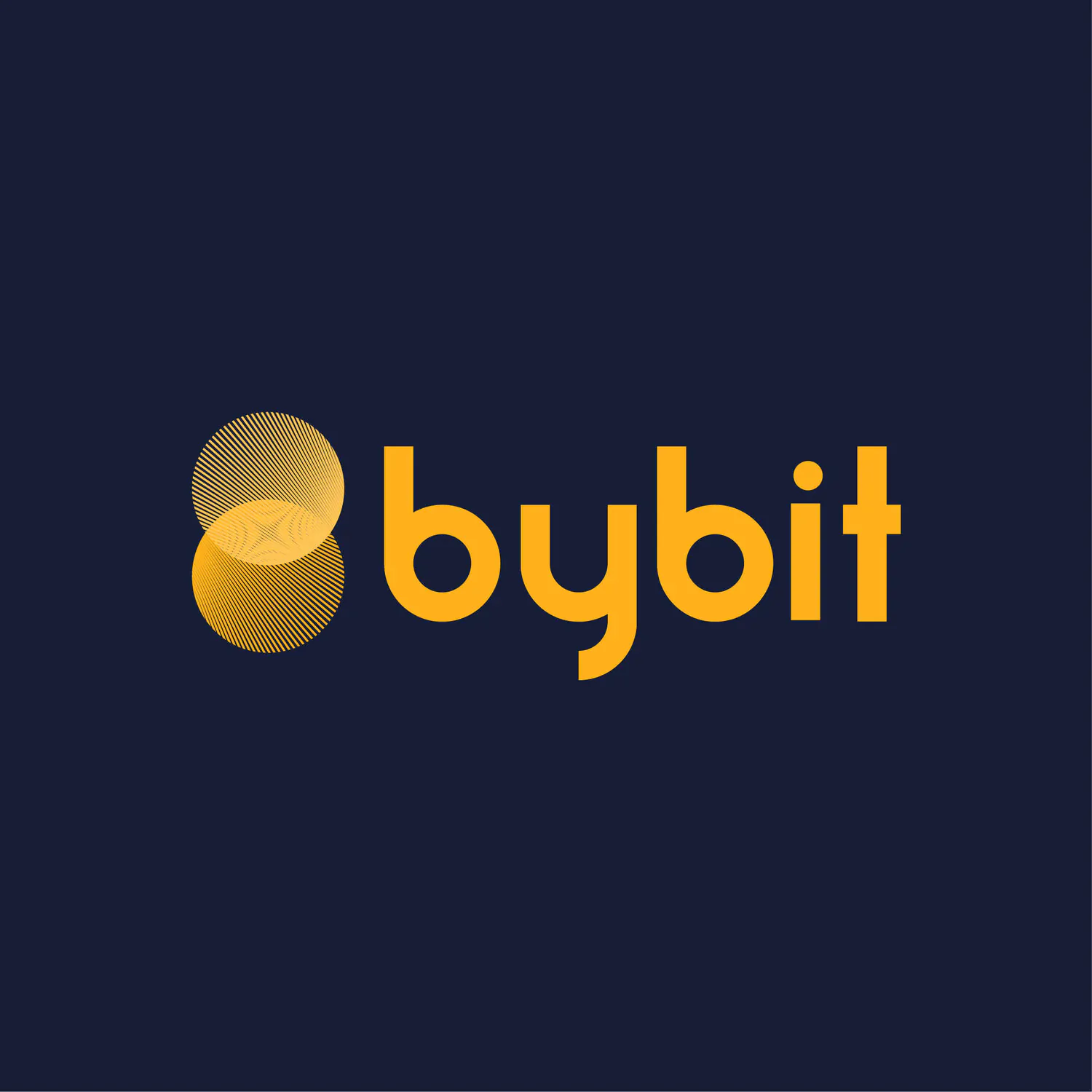Common Crypto Scams in 2025
You often hear stories about people getting rich with cryptocurrencies. But not everybody is doing it the legal way. Whenever money is involved, scammers are close. They are waiting patiently to take advantage of their victim the very first second they can. In this guide, we will share the most common crypto scams that you need to be aware of. We will also share how to avoid falling victim to those scams by using some simple methods and rules.
1. Phishing scam
One of the most common scams in the world is the infamous phishing scam. This often happens with a fake email, imitating another company by carefully designing the email to look as legitimate as possible. These emails often include a sense of urgency. The email urges you to take action immediately. Naturally, many people act impulsively because they are worried that their funds are in danger. They click a link included in the email and input their details on the fake website. That way, the scammers get access to sensitive data such as emails, passwords, and even seed phrases.
I personally got such an email just a few weeks ago. While a crypto native like me can immediately tell that the email is complete nonsense, newbies can fall victim for this scam easily. In this case, I received a fake email from “Trust Wallet”.
This type of scam not only works with wallets, but also crypto exchanges. You may receive fake emails from popular (fake) exchanges such as Binance or Coinbase.
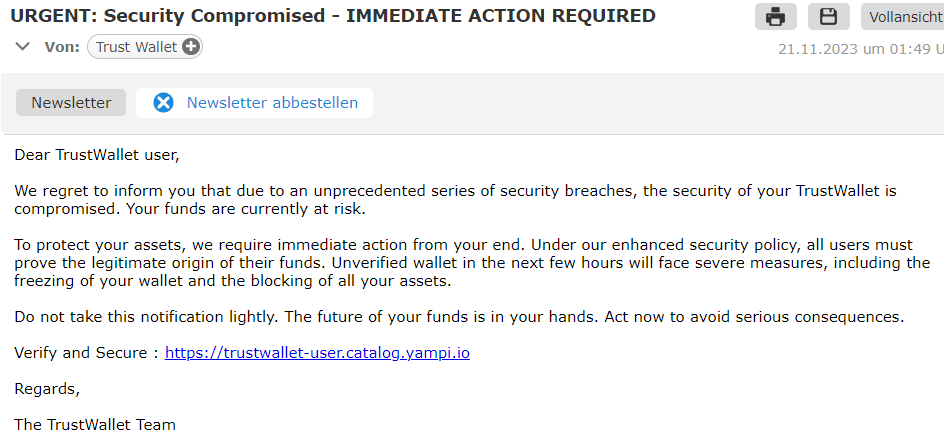
How can you avoid being phished?
Rule number one is to never panic and never click a link from emails. If there really is an issue with your wallet or your crypto exchange account, you will see this in your wallet or account dashboard. Instead of clicking on a link, type in the website manually.
Rule number two is to never share your seed phrase with anyone. If you are asked to input your seed phrase after clicking a link, you know it’s a scam.
I have implemented a simple method to avoid using fake websites. The chrome extension “similarweb” scans website traffic and shows you how many monthly visitors a website has. Scam websites usually have no traffic at all, while the real website of wallets or exchanges have hundreds of thousands, if not millions of visitors. Add the similarweb extension to your browser and use it when visiting a website. If there is no traffic tracker, you know for certain that it’s a scam.

2. Fake Platforms and Fake Google Ads
In the previous section, we have already mentioned that phishing works not only with emails but also with Google searches. However, we decided to make a dedicated section for fake crypto exchanges. While many people think that typing an exchange name into Google will always lead them to the official exchange website, this is far from the truth.
Professional scammers know exactly how to set up a Google ads account, get around the security system, and finally be shown at the top of Google. The advertisements on Google are shown at the very top. NEVER click on an advertisement. Always type in the official website domain (e.g., Binance.com or Coinbase.com) to go directly to the exchange. Then, you implement the similarweb method, mentioned in the previous section to check the website traffic. If the traffic is low or even zero, you know it’s a fake website.
Aside from using a similar website, you should create a folder in your browser where you can bookmark the official website links. Once you have bookmarked the official website, you should never search for it on Google again.
3. Recovery Scams
Losing money to scams will hurt a lot and can leave many people emotionally scared. This can lead to irrationality. There is one thing people need to understand: Once a scammer transfers funds from your wallet or exchanges to their own wallet, the money is gone. It can not be recovered.
Scammers take advantage of vulnerable users who have been scammed recently to provide their “crypto recovery service”. They will tell you how they also lost cryptos to a scammer and how a certain (scam) recovery service got their funds back. This is not possible!
You will find many of these fake recovery scams on Reddit, Twitter, Trustpilot, and in comment sections where people talk about scam recoveries. Below, you will find a fake review for Binance where a user claims he got $160,000 recovered.
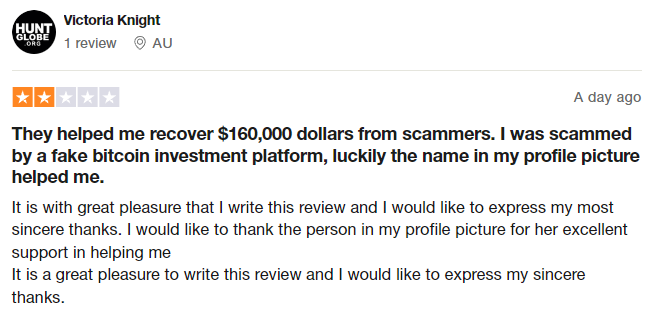
How to avoid the fake recovery scam
Compromised cryptos can not be recovered. Everybody telling you they can get your funds back is a scammer. Once the money leaves your wallet, it is gone.
4. Airdrop & Giveaway Scams
On Twitter, you will often see airdrop scams telling you to claim your reward. They often have comments disabled, thousands of likes, and thousands of followers but no mutual followers. Remember that there is no such thing as a free airdrop.
You must always use a chain or protocol to qualify for airdrops. And never click links from these alleged airdrops. Always go to the official website manually and use the similarweb method to check the website traffic.
The same applies to giveaways. These often happen on Twitter or in livestreams on YouTube. They claim to double everything that you send to them.
Below, you can see a fake airdrop scam for Celestia (TIA).

How to avoid the Airdrop & Giveaway Scams
- There is no such thing as free money. Don’t click links when people tag you in a new “airdrop” or “giveaway”.
- Install the Defillama chrome extension and enable Twitter fake account detection.
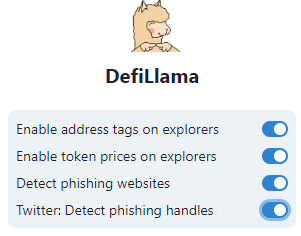
- If you are an active twitter user, you should follow hundreds or thousands of legit accounts. Simply click on the profile of the account advertising a giveaway or airdrop and check if there are any mutual followers. If there are no, or only very few mutuals, you know it’s a scam. If there are multiple mutual followers, you can start considering this to be legit.
- Yet again, don’t click on any link. Go to the website manually and check the traffic.
- If you are still convinced that it is a legit airdrop, transfer all your funds out of your soft wallet and then claim the airdrop with an empty wallet (just enough funds to cover gas fees). Afterwards, revoke access and you should be good to go. You can use Revoke.cash to remove token approvals on your wallet.
5. Impersonator Scam
If you are regularly watching youtube videos about cryptocurrencies, you might have seen people in the comments impersonating the channel. The same happens in instagram or twitter comments, and telegram or discord DMs.
For the comment impersonator, you will see that they try to get you to DM them on platforms such as WhatsApp, telegram, or Instagram, where they set up a fake profile. Once you DM them, they will pretend to be the influencer that you watched on YouTube and try to lure you into investing in a scam website. Once you send your money to it, it’s gone.
Tip: Use the similarweb method that we explained above to check if a website is a scam or legit.
Impersonators are not only in comment sections but also in chat messengers such as Discord or Telegram. After joining a discord server, you often receive direct messages from scammers impersonating the owner of the server that you joined. Just as explained above, they will try to lure you into a fake platform where you can not withdraw any funds.

Unfortunately, there are even impersonators of Crypto Win Rate on Telegram, offering investment services to users. We want to make it very clear that we don’t offer investment advice, and we most definitely don’t contact people via telegram or any other messenger app. We are not an investment platform. We only write articles about cryptocurrencies.
You can find all of our official links on our website.
Below, you can find all of our official links. Everything else is a scam!
Our Email: info@cryptowinrate.com
Our Website: Cryptowinrate.com
Our YouTube: Crypto Win Rate
Our Reddit Community: r/CryptoWinRate
Our Reddit Account: u/CryptoWinRate
We will never offer to invest money for you, and we will never make investment guarantees. We also don’t have a Telegram or WhatsApp account/channel, and we will never contact you.
We don’t have any other channels!
How to avoid the Impersonator scam
First of all, you should never listen to users’ comments or DMs. Instead of trying to contact someone with the details in the comments, use the details from the official video description or official account profile. If you see this scam on Twitter, it is easy to separate a fake profile from a real profile. Simply look at the mutual followers (assuming you follow legit people on Twitter).
Another rule is to never reply to DMs. If you get a direct message out of nowhere, rest assured that it is a scam.
Lastly, whenever you visit a website that was recommended to you, use the similarweb extension to track the website traffic. Low traffic and no traffic is always a scam. Crypto exchanges usually have millions of monthly visits tracked by similarweb.
6. Honey Pots
Honey Pots refer to cryptocurrencies designed to only let people buy but not sell. This often happens on-chain, meaning that you are trading on a blockchain directly instead of a crypto exchange.
A popular honey pot token was the Squid Game Token on the Binance Smart Chain in 2021.

People bought tokens but could not sell. This made the token seem like a strong coin that only goes higher. While crypto-natives can immediately tell that this is a honey pot, newbies might think that it is a great investment.
This results in a massive explosion of the price until… the developer decides it is time to pull all of the liquidity out. And when I say “all”, I really mean all. The market capitalization of the Squid game token went from over $1 trillion to almost zero in a split second.
A Twitch streamer actually watched this unfold live on his livestream. You can watch the video below.
7. Fake Live Streams and Fake Ads
Advertisements are the big money making machine of the big websites such as Google or YouTube. But what happens when bad actors get access to advert spots? Unfortunately, this is the reality we live in.
Countless scam ads pass Google and YouTube’s automated review process on a daily basis. That means that their (scam) advertisement will actually be published and displayed to regular users.

Sometimes, users also host fake livestreams. Very often, they use real footage of interviews or podcasts with Elon Musk, Cathie Woods, or Jeff Bezos, and even Mr. Beast, to gain your trust. “Why would Elon Musk or Mr. Beast scam me?!” one might say. But what they fail to realize is that Elon Musk and Mr. Beast have nothing to do with what you are watching.
The goal of these fake ads or live streams is to get you to their website, often a giveaway website. The requirement? Send X amount of money to us, and we will double it!
How to avoid this scam
Why would anyone run an ad or livestream to give you money for free? People like Elon Musk or Jeff Bezos have much more important stuff to do rather than running silly ads or livestreams on YouTube.
At the end of the day, all that scammers want is your money and your data.
8. Romance and Pig Butchering Scam
The crypto pig butchering scam is a type of online fraud where scammers target individuals through dating websites such as tinder or social media platforms like facebook or telegram, building a relationship (in some cases romantic) with them in order to gain their trust. Once trust is established, the scammer typically introduces the victim to cryptocurrency investment opportunities, claiming ridiculous returns on the investments on autopilot. That’s right: Do nothing and become rich!
After gaining your trust, the scammer recommends a fake crypto trading platform to which you have to send your funds. What the victim doesn’t know yet is that they will never be able to withdraw their funds. You might think that this is already bad enough, but the real scam hasn’t even started yet.
In the fake crypto exchange account, the scammers are simulating trades, suggesting that you made decent profits. They will encourage the victim to invest more, which many actually do. This goes on and on until, at one point, you try to withdraw some profits. Upon requesting a withdrawal, you will be asked to pay a management fee or taxes. That is the final part of the scam, which is to drain as much money out of you as possible. In some cases, users send hundreds of thousands of dollars to scammers, believing that they will receive their funds after paying the fee.
9. Clipboard Changer
A clipboard changer scam is a type of malware or fraudulent software that targets the clipboard function of a computer or mobile device. The clipboard is a temporary storage area used for data that the user wants to copy from one place to another, such as text, images, or files. This is often done with the commands ctrl+c (copy) and ctrl+v (paste).
When a clipboard changer is installed, the temporary storage area is automatically manipulated when copying a wallet address.
For example, if you copy your Bitcoin address with the intention of sending your funds to a different wallet, the clipboard change replaces your Bitcoin wallet address with his own Bitcoin wallet address. If you paste the address and confirm the transaction, the funds will go right into the scammers’ pockets.

How to avoid this scam
First of all, always triple check (yes, TRIPLE, not just double) the address that you send your funds to. Make sure that it is the correct address. Read through it and assure that everything is correct. This might sound annoying, but is absolutely crucial.
Additionally, never download anything weird, like a torrent or a cracked product, and stay away from dirty websites (they are not good for you anyway).

